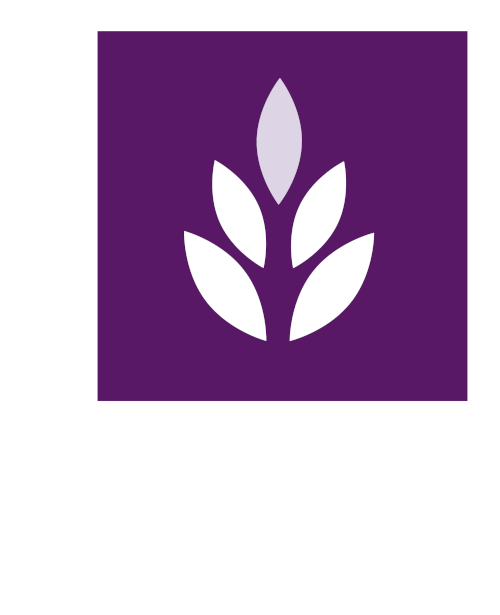- Home
- About
- Business Schools Ranking
- Selected schools
- study abroad
- Awards
- Contact

Study in Zambia
Zambia Statistics
Geography-Population
- Capital: Lusaka
- Area: 752,618 km ²
- Climate: tropical climate with two main seasons, rainy from November to April and dry from May to October
- Population: 12,935,000 (est. 2009)
- Languages: English
Government-Economy
Government-Economy
Government Type: RepublicGDP: $18.454 billion (est. 2009)GDP – per capita (PPP): $ 1,541 (est. 2009)
Information for Foreign Students in ZambiaGetting There Zambia's main international gateway is Lusaka, which has direct flights to London on British Airways and good regional connections. For access to the eastern parts of the country (e.g. Chipata), it will be faster to fly into Lilongwe in neighboring Malawi, and cross the border (which is quite straightforward by African standards). Also, Livingstone, near spectacular Victoria Falls, and Mfuwe, near South Luangwa National Park, have small international airports serving regional destinations.
Obtaining a Visa Visas for Zambia are very confusing and involve various fees and requirements, thus please visit your nearest Zambian consulate for details on the most up to date regulations.
Money Currency used in Zambia is the Kwacha. If you bring US Dollars to convert, note that Zambian banks will only accept large bills (nothing smaller than $50 bill) unless you want to be charged a ridiculously high exchange rate. Changing Euros is difficult; international banks will accept them, but at a high exchange rate. ATMs are found in major cities, but should not be depended too strongly upon. Some do not accept anything other than VISA, something to note. Some higher end places accept credit cards, but it is not common.
Health
Zambia is a highly malarial country. Especially at dusk, you should make every effort to cover exposed skin with clothing or insect repellent. In addition, using malarial prophylaxis in highly recommended. In practice, yellow fever is not a problem in Zambia anymore, except perhaps in the extreme west along the Congolese borders. However, many countries will insist on a yellow fever vaccination certificate if they find out you've been to Zambia, so it's best to get the shot.
Safety Generally, Zambians are friendly people. However - as with any location - be careful about walking at night, especially if you've been drinking. There are few streetlights, and many of the locals are very poor. There is a 10PM curfew throughout most of the country. Avoid being found on the street after 10PM or risk being arrested.
TransportationMinibuses - meaning vans outfitted with seats - are popular, but they are often irregular, dangerous, and uncomfortable. To maximize profits, a 'conductor' will squeeze as many paying customers - and their luggage, or katundu (ka-TOON-doo) - into the bus as possible; whether or not the customers are comfortable is irrelevant. In terms of meeting locals, however, this method is among the best, and it can provide a traveler with a truly 'authentic' experience. Payment is made during the journey - banknotes are passed down the bus to the conductor at the front, and change comes back via the same route. Larger, more sophisticated 'luxury coaches' exist, too. These tend to be more reliable and safer; they depart on-time; they have dedicated space for guests and luggage; and tickets may be purchased in advance. Luxury coaches are much more comfortable and are virtually guaranteed to arrive, but they might seem 'generic' to a seasoned traveler. You can catch TAZARA line trains between New Kapiri Mposhi and Nakonde in the north-east (Tanzania border). The separate Zambia Railways line Livingstone and Kitwe via Lusaka and Kapiri Mposhi (2 km from the TAZARA station). They are relatively reliable and safe, but slow.
Official Selection of the Best Business Schools in Zambia
|
2 Palmes Of Excellence GOOD Business School |
Rank Position in
Palmes’ League |
Deans’ Recommendation
rate 2024 |
|---|---|---|
|
The University Of Zambia - School Humanities And Social Sciences |
1 | 147 ‰ |

Official Selection of the Best Business Schools in Zambia
Learn the ranking results of the best masters in Zambia here:
